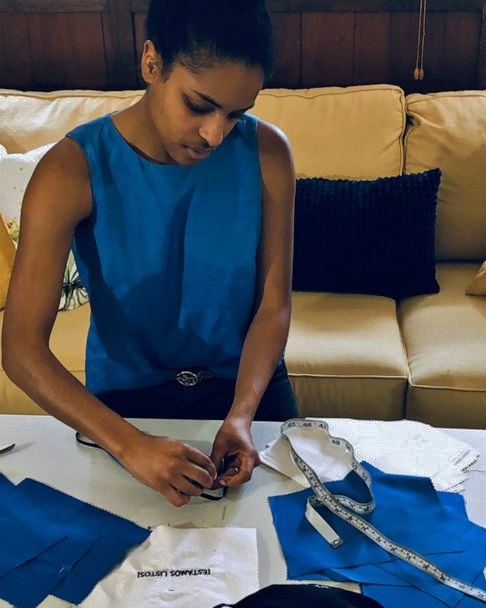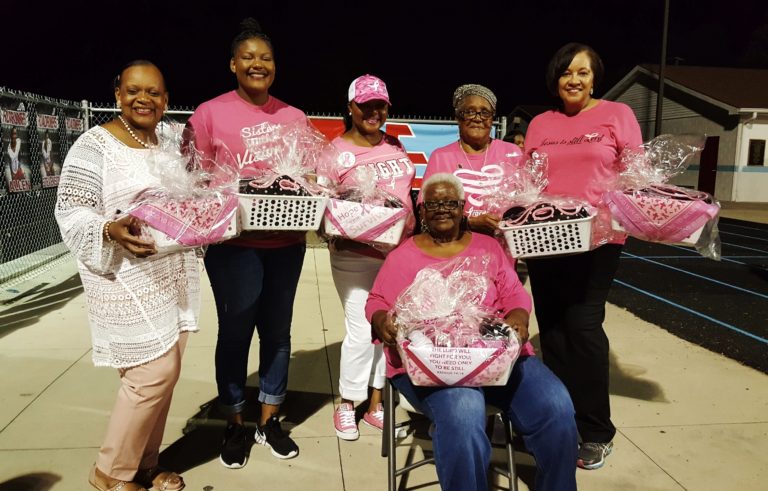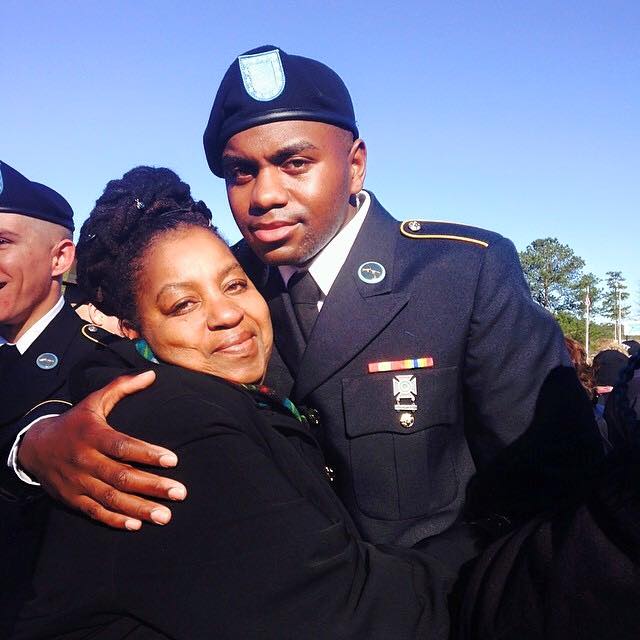Knoxville Business Making Face Mask for Medical Professionals – So Can You!
Eddie Mannis extends the resources of Prestige Cleaners to help protect local medical professionals while providing work and a paycheck to employees.

KNOXVILLE, TN (March 23, 2020) – On Monday morning the alterations staff at Prestige Cleaners began making face masks that will be given to medical personnel, first responders and hospitals.
In an effort to protect patrons and staff, Prestige Cleaners will be offering DRIVE THRU SERVICE ONLY effective March 23rd.
“We are here to help in any way we can. Please let us know ASAP,” said Mannis. If you are in need, please email eddielistens@prestigecleanersinc.net.
“Our alterations staff started production this morning of the masks we are making to help control the spread of COVID-19. It has been a struggle to find all the supplies we needed but we are searching across the country to try and get what we need.
- Joann Fabrics is offering customers free at-home mask-making kits that include fabric, elastic, and other necessary materials.
- Customers can pick up the kits outside Joann stores and then drop completed masks back at the stores to be donated to local hospitals.
New CDC Guidelines
The CDC posted new guidelines stating that “the supply chain of respirators cannot meet demand” and that looser-fitting surgical face masks “are an acceptable alternative” to specialized respirator masks. Surgical face masks can block the respiratory droplets of coughing or sneezing patients — the principal way the virus is spread.
Surgical masks are fine for preventing the spread of coronavirus to others, and many doctors and other medical professionals find them sufficient for routine use in offices during the N95 shortage. The CDC recommends surgical masks for COVID-19 patients right now.
For the general American public, there is no added health benefit to wear a respiratory protective device (such as an N95 respirator), and the immediate health risk from COVID-19 is considered low. Surgical masks also won’t prevent you from getting sick.
What materials should you use to sew your own masks?
Prior to modern disposable masks, washable fabric masks were standard use for hospitals.
There isn’t a specific fabric or material to use to sew your own mask, but be sure it’s a substance impermeable to liquid. In the 1950s, surgical masks were just two-ply cotton masks, and that did the job,” she explains. If you’re sewing your own mask, test it—if water seeps through it or the inside gets wet, it’s not effective.”
You can sew CDC compliant face masks. If you are a seamstress, have a sewing facility, and interested in making face masks for first-responders, food service, school cafeteria workers so many more that are on the frontlines; follow hospital and CDC instructions. The mask will be sterilized prior to use:
- Use tightly-woven cotton fabric.
- Please remember that both women and men in a variety of roles may wear these masks.
- Collected masks will be immediately sent to laundry/processing to be prepared for use.
- Any surplus masks will be distributed to other organizations in need.
Surgical masks are fine for preventing the spread of coronavirus to others, and many doctors and other medical professionals find them sufficient for routine use in offices during the N95 shortage. The CDC recommends surgical masks for COVID-19 patients right now.
For the general American public, there is no added health benefit to wear a respiratory protective device (such as an N95 respirator), and the immediate health risk from COVID-19 is considered low. Surgical masks also won’t prevent you from getting sick.
Digging around your home looking for fabrics and materials? The New York Post reports that a recent study showed vacuum cleaner bags was to offer 86 percent protection against the smallest particles tested, followed by dish towels at 73 percent, a cotton-blend T-shirt at 70 percent and an antimicrobial pillowcase at 68 percent.
If you have appropriate fabric and a sewing machine (or are just quite skilled with scissors, needles and thread), by all means, please sew away! There are tutorials on YouTube and patterns available online.








